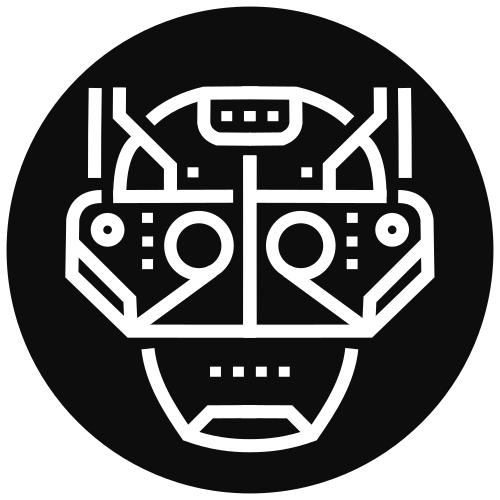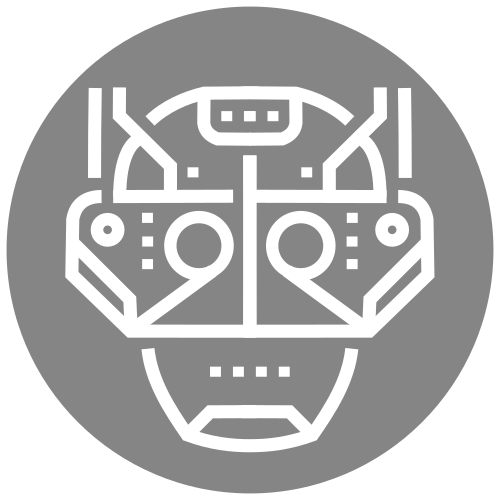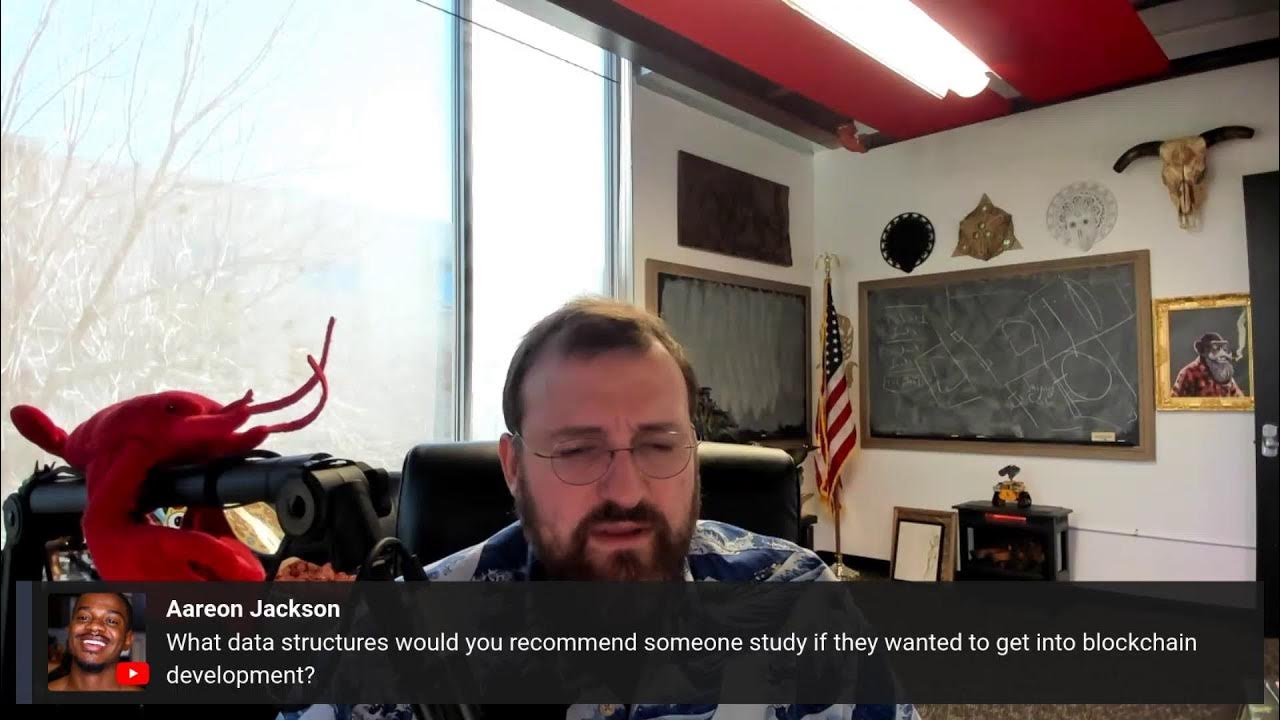- 73 Posts
- 33 Comments
deleted by creator

 6·4 months ago
6·4 months agodeleted by creator

 4·5 months ago
4·5 months agodeleted by creator
 4·9 months ago
4·9 months agodeleted by creator
 3·9 months ago
3·9 months agodeleted by creator

 141·9 months ago
141·9 months agodeleted by creator
deleted by creator

 4·10 months ago
4·10 months agodeleted by creator

 1·11 months ago
1·11 months agodeleted by creator

 2·11 months ago
2·11 months agoYou bring up some valid points about readability and auditability, and I can see where the confusion might come from. Let’s break it down a bit.
-
Readability vs. Auditability: With homomorphic encryption, you can perform calculations on encrypted data without needing to decrypt it first. So, yes, the data can be audited without being fully readable. Think of it like checking a locked treasure chest’s contents without actually opening it!
-
Selling Votes and Security Concerns: Zero-knowledge proofs are like saying, “I know the secret, but I won’t tell you what it is.” They allow the system to verify information without exposing the details. It’s a cool concept that’s been researched for decades, and it has applications in keeping things like medical records secure.
-
Why Blockchain? Imagine a public ledger that no one person controls and can’t be easily tampered with. That’s what blockchain brings to the table. It creates a system where we can trust the process because the data is transparent and immutable.
Here’s a real-world example: ElectionGuard uses this technology to ensure that electronic records match physical ballots. They encrypt the records in a way that can be verified without exposing individual votes.
If you’re interested in diving deeper, check out these resources:
-
A paper on Secure E-voting Using Homomorphic Technology.
-
Another article about ElectionGuard and homomorphic encryption.
what’s the design goal?
To create the capabilities for a direct democracy that is far more secure and auditable than the current system.
I hope this helps make things clearer! Feel free to hit me back with any more questions. It’s a complex subject, but it’s super interesting once you start to get the hang of it.
Best, cy
Reworded by AI, acting as my anger translator at your “how do you figure?”:
-

 2·11 months ago
2·11 months agoHomomorphic encryption solves this…

 6·11 months ago
6·11 months agodeleted by creator

 6·11 months ago
6·11 months ago
deleted by creator

 4·11 months ago
4·11 months agodeleted by creator

 5·11 months ago
5·11 months agodeleted by creator
deleted by creator

 6·11 months ago
6·11 months agoThis type of comment is one of the many reasons I created this community. Thanks, @[email protected] 🙂

 1·11 months ago
1·11 months agodeleted by creator





KeepassXC with Yubikey